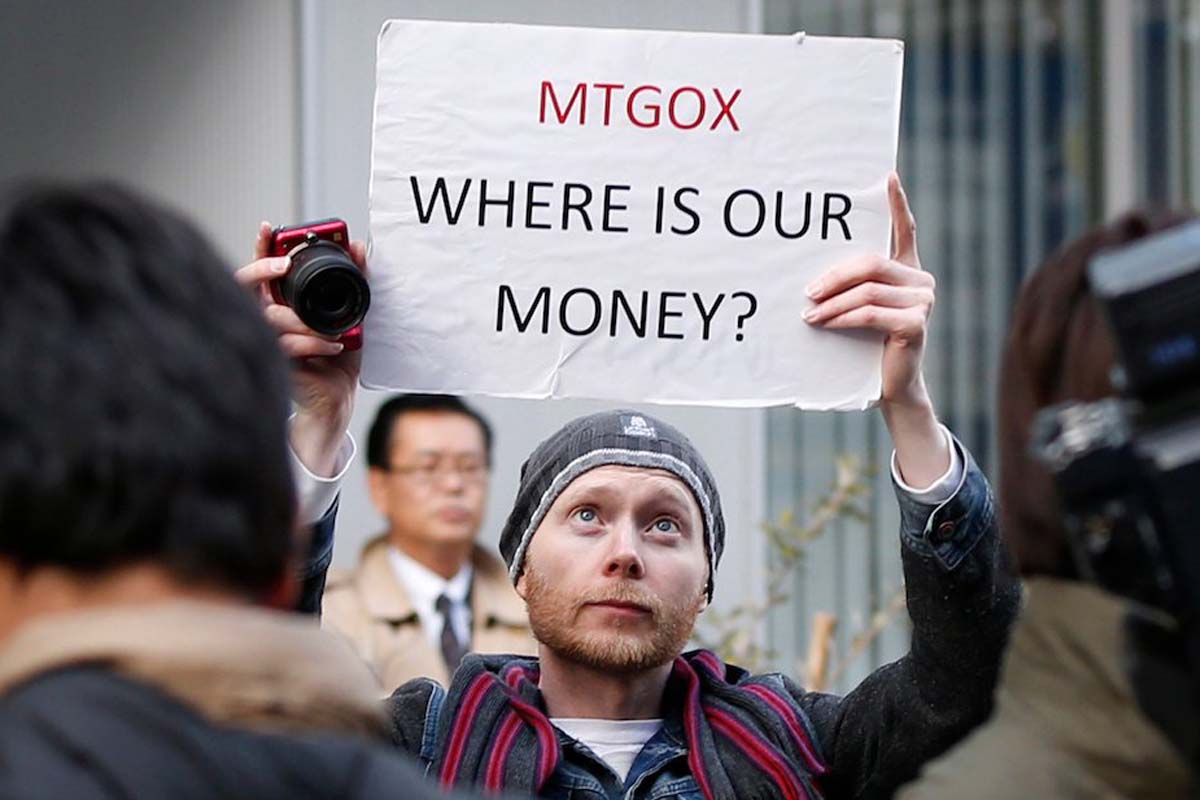Italy’s State-Owned Bank Trials Digital Bonds on Polygon Blockchain
The European Central Bank initiated the trial to explore how blockchains can enhance central bank settlement.

Mt. Gox is taking steps to make repayments to creditors and investors who took a massive loss after the major hack. The now-defunct exchange has reportedly been in touch with creditors to confirm their identities and clarify their account’s existence at the time of the attack.
Emails to many Mt. Gox creditors were sent, asking them to verify their identity linked to the account to repay the Bitcoin ($BTC) and Bitcoin Cash ($BCH) they lost.
MtGOX BTC distribution is expected to hit the market over the next 2 months, 200K BTC unlock.
This is in addition to 600K + GBTC repricing.
2024 April halving will reduce annual supply by 160k.
Interesting supply dynamics in play in coming months. pic.twitter.com/0ZNC52YbAH
— Mindao (@mindaoyang) January 23, 2024
A recount of the email was posted on Mt. Gox’s insolvency subreddit early this week. The message notes that the user has confirmed ownership of the account and completion of the identity verification from the exchange’s Trustee. The email also states that the user will receive their repayment in Bitcoin or Bitcoin Cash:
“Please note that you may not be able to receive repayment in BTC/BCH if your account is disabled or frozen in the future.”
The European Central Bank initiated the trial to explore how blockchains can enhance central bank settlement.
n recent months, inflation measures, including the Consumer Price Index and Personal Consumption Expenditures Index, have moderated.
BlockFi clients are to note that client communications will exclusively occur through official email channels.
CryptoQuant CEO says Bitcoin is still vulnerable to “speculative FUDs,” giving smart money a way to buy up cheap BTC.